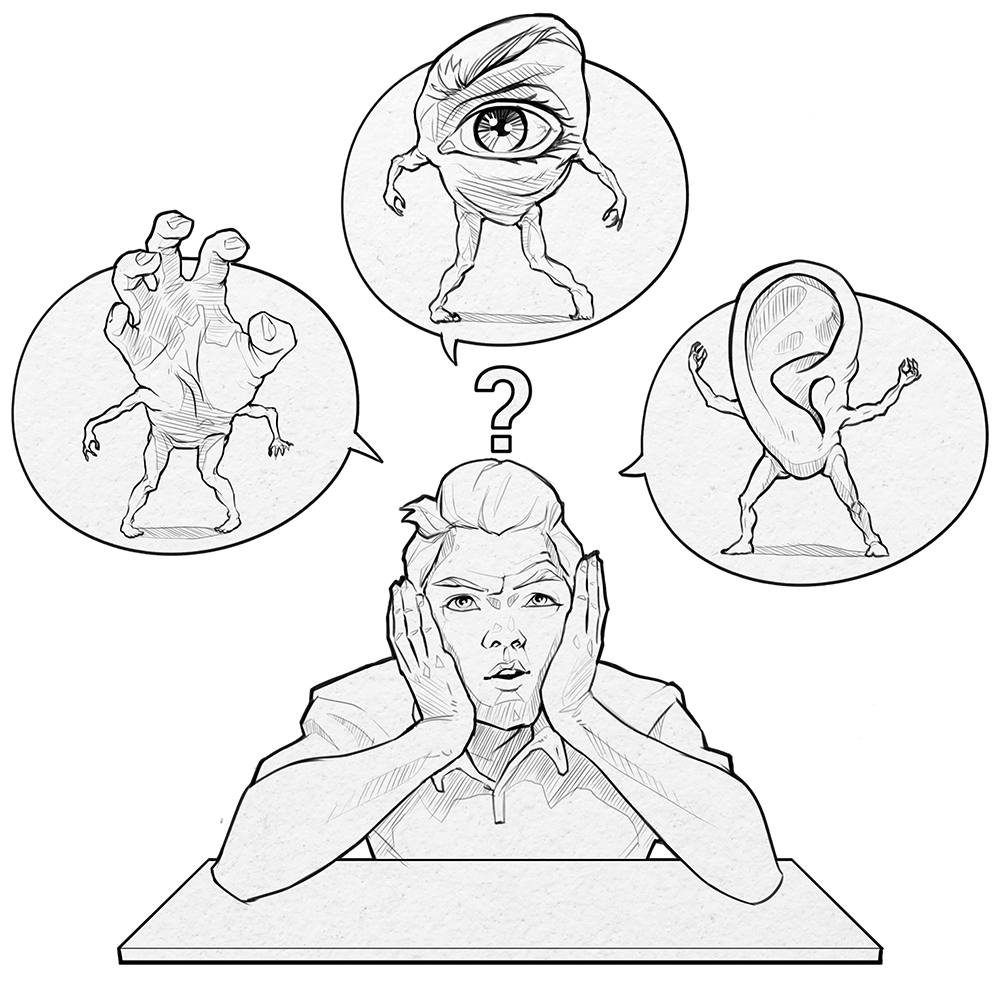Kinesthetic? Visualizer? Audile? Who are you closer to and why will we disappoint you? Time for the next chapter of the cycle where we shatter educational myths. Spoiler alert: learning styles don’t exist! Belief that every person has individual learning style is same outdated and false from a scientific point of view. And yet there are people who believe in it. However the fact that the majority of teachers and educators still spread this theory is the most terrifying thing ever!
Learning styles – what is all about?
Above we emphasised the fact that every person perceives and processes information differently – methods are very diversified. All theories which concern learning styles are exclusive suggestion, that this how many things a specific person can learn, is related to educational experience focused on the peculiar learning style, rather than to the level of intelligence.
The whole concept of learning styles grows out of psychological types classification. What does it mean? These theories are based on research which reveal close connection between the inheritance, environmental requirements and upbringing methods of different persons and their tendency to perception and processing information in the various way.
Classification of individual learning styles:
- Visual (spatial) – Your preferences: using images, pictures and spatial awareness.
- Auditory (aural-musical) – Your preferences: using sounds, music.
- Verbal (linguistic) – Your preferences: using words – spoken and written.
- Physical (kinesthetic) – Your preferences: using body, gestures and sense of touch.
- Logic (mathematical) – Your preferences: using logic, thinking and systems.
- Social (interpersonal) – Your preferences: learning in groups or with other people.
- Individual (personal) – Your preferences: self-learning, self-working, self-education.
Each of us is in some way exceptional. And this uniqueness also applies to the way we learn. Tomasz Garstka confronts our impressions: ‘(…) meanwhile these are only visual or aural preferences having nothing to do with learning results. There is no evidence neither to the neuronal base of such learning styles, nor to the fact that fitting the teaching to the alleged learning style improves results of the student’.
Why learning styles don’t exist?
Great psychologists from University of California, Harold Pashler and Mark McDaniel, perfectly explained the issue in their 2008 meta-analysis „Learning Styles: Concepts and Evidence”. Have a look at this fragment:
‘In order to demonstrate that optimal learning requires that students receive instruction tailored to their putative learning style, the experiment must reveal a specific type of interaction between learning style and instructional method: Students with one learning style achieve the best educational outcome when given an instructional method that differs from the instructional method producing the best outcome for students with a different learning style. In other words, the instructional method that proves most effective for students with one learning style is not the most effective method for students with a different learning style.
Our review of the literature disclosed ample evidence that children and adults will, if asked, express preferences about how they prefer information to be presented to them. There is also plentiful evidence arguing that people differ in the degree to which they have some fairly specific aptitudes for different kinds of thinking and for processing different types of information.
However, we found virtually no evidence for the interaction pattern mentioned above, which was judged to be a precondition for validating the educational applications of learning styles.
Although the literature on learning styles is enormous, very few studies have even used an experimental methodology capable of testing the validity of learning styles applied to education. Moreover, of those that did use an appropriate method, several found results that flatly contradict the popular meshing hypothesis’.
So the conclusion leaves no doubt: an implication of learning styles tests for the educational practice is impossible now, since evidences which justify them are missing. There are plenty of excellent and solid educational techniques, which can be implemented at specific institutions: we should focus on them. For this moment we notice the huge gap in the methodological correctness of the research on learning styles, what definitely hinders drawing far-reaching conclusions for their validity.
Learning style – a load of rubbish
There is a plenty of advanced research in the market which brightly appoint that learning styles issue is just a nonsense, and yet this concept is quite popular. The biggest problem underlies the youngest: especially these junior pupils aren’t actually able to verify and assess the way they learn. The ones for whom learning is difficult, choose this what is simple and comfortable versus the real learning which from their point of view is… hard and requiring.
We are different, so let’s recognize these differences. Let’s pay attention to it and let’s take them into account. That’s true, that practical using of premises of learning styles concept is tempting, however we recommend its solid and critical analysis which should cause at least scepticism in educational environment. Recommending methods which don’t have any research confirmation as well as categorising pupils according to their guidelines isn’t a good solution.
Attention, it’s important: we have PREFERENCES in the matter of learning styles. Their potential power sticks to the fact that they can make our learning pleasant, but not necessarily influence the effectiveness. Towards the effective learning process we are equal. Different, but equal. It turns out that when the way of presenting the subject is adapted for the type of content, rather than presumable preferential treatment of the pupil, definitely both pupils and teachers get good results. Eventually we learn mathematics, or history, or dance differently.
What do you think about it?
Authors: Patrycja Sikora and Dariusz Chrapek
Bibliografia
Garstka T., Psychopedagogiczne mity. Jak zachować naukowy sceptycyzm w edukacji i wychowaniu, wyd. Wolters Kluwer, 2016
Garstka T., Psychopedagogiczne mity. Jak zachować naukowy sceptycyzm w edukacji i wychowaniu, wyd. Wolters Kluwer, 2016
